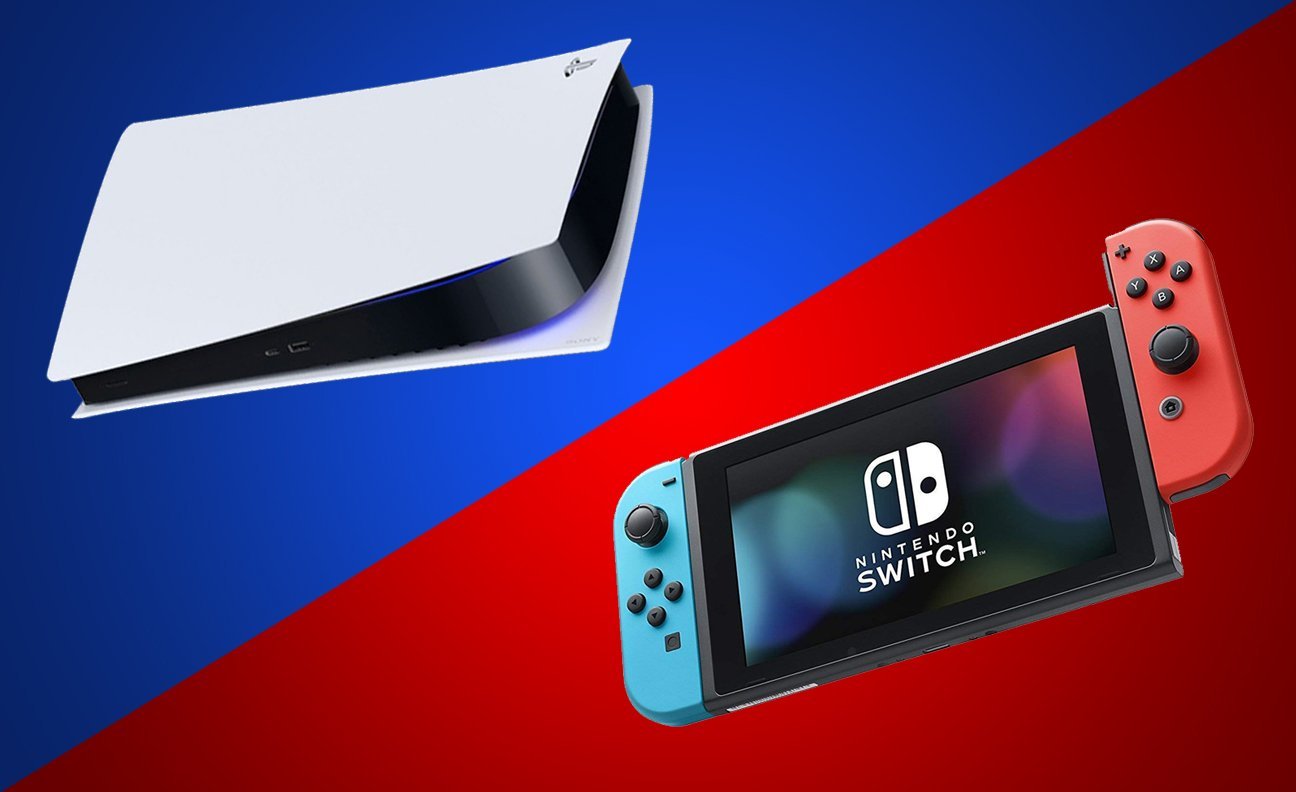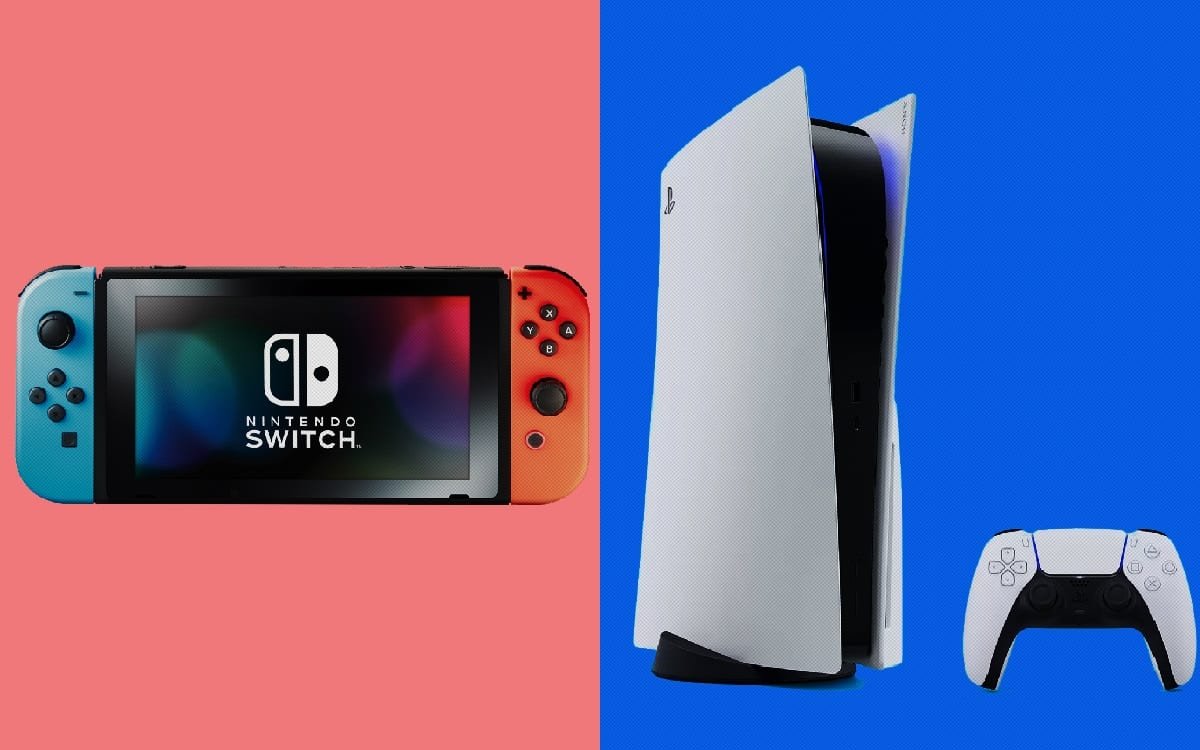PlayStation, often abbreviated as PS, is a household name in the world of gaming. It’s more than just a gaming console; it’s a cultural phenomenon that has shaped the way millions of people around the world experience interactive entertainment. In this comprehensive guide, we will take a deep dive into the world of PlayStation, its history, evolution, and the impact it has had on the gaming industry and beyond.
The Birth of PlayStation
The PlayStation brand was born out of Sony’s desire to enter the gaming market in the early 1990s. In collaboration with Nintendo, Sony initially worked on a CD-ROM add-on for the Super Nintendo Entertainment System (SNES). However, this partnership eventually soured, leading Sony to venture into the gaming industry independently.
In December 1994, Sony released the original PlayStation console, also known as the PS1. This 32-bit gaming system marked the beginning of a gaming revolution. It introduced gamers to a new level of 3D graphics, CD-based gaming, and iconic titles like “Final Fantasy VII” and “Metal Gear Solid.”
The PlayStation Family Tree
Since the launch of the PS1, the PlayStation family has grown and evolved. Here’s a brief overview of the main PlayStation consoles:
- PlayStation (PS1): The original PlayStation introduced gamers to CD-based gaming and iconic franchises. It sold over 100 million units worldwide.
- PlayStation 2 (PS2): Released in 2000, the PS2 became the best-selling gaming console of all time, with over 155 million units sold. It offered DVD playback and a vast library of games.
- PlayStation Portable (PSP): Sony’s first foray into the handheld gaming market, the PSP, allowed gamers to enjoy PlayStation-quality gaming on the go.
- PlayStation 3 (PS3): The PS3 introduced high-definition gaming and multimedia features, including Blu-ray disc playback. It featured a unique architecture, the Cell Processor, and a robust online gaming service, PlayStation Network (PSN).
- PlayStation Vita (PS Vita): Released in 2011, the PS Vita was the successor to the PSP, offering improved graphics and touch-screen controls.
- PlayStation 4 (PS4): The PS4, released in 2013, brought significant improvements in graphics and processing power. It also introduced social gaming features and a vast library of digital games through the PlayStation Store.
- PlayStation 5 (PS5): The latest addition to the family, the PS5, launched in 2020, offers 4K gaming, faster loading times, and innovative features like the DualSense controller with haptic feedback.
Iconic PlayStation Games
One of the defining features of PlayStation has been its lineup of exclusive games. These titles have not only been critically acclaimed but also instrumental in driving console sales. Some of the iconic PlayStation-exclusive franchises include:
- Uncharted: The action-adventure series featuring Nathan Drake has been a staple on PlayStation consoles, known for its cinematic storytelling and breathtaking visuals.
- The Last of Us: Developed by Naughty Dog, this series has set new standards for storytelling in gaming, with emotional narratives set in post-apocalyptic worlds.
- God of War: This action-packed series follows Kratos, a vengeful god, in his quest for redemption and revenge. The 2018 reboot was a critical and commercial success.
- Gran Turismo: The Gran Turismo series has been the go-to for racing enthusiasts, offering realistic driving experiences and an extensive lineup of cars and tracks.
- Horizon Zero Dawn: This open-world action RPG captivated players with its stunning visuals and the story of Aloy, a hunter in a world overrun by robotic creatures.
PlayStation and Online Gaming
PlayStation Network (PSN) has played a significant role in the online gaming landscape. PSN offers a platform for multiplayer gaming, digital game purchases, and streaming services like PlayStation Now. PlayStation Plus, a subscription service, provides monthly free games, exclusive discounts, and access to online multiplayer.
The success of online gaming on PlayStation is evident in the popularity of games like “Fortnite,” “Call of Duty,” and “FIFA,” which have thriving communities on the platform. eSports and competitive gaming have also found a home on PlayStation, with tournaments and events attracting a global audience.
The Future of PlayStation
The future of PlayStation looks promising, with the PS5 continuing to push the boundaries of gaming technology. Sony continues to invest in exclusive titles, virtual reality (VR) gaming with PlayStation VR, and innovative gaming experiences that take advantage of the console’s capabilities.
The gaming industry as a whole is evolving, with advancements in cloud gaming, cross-platform play, and the integration of augmented reality (AR) and VR. PlayStation is poised to remain a key player in shaping the industry’s future.


